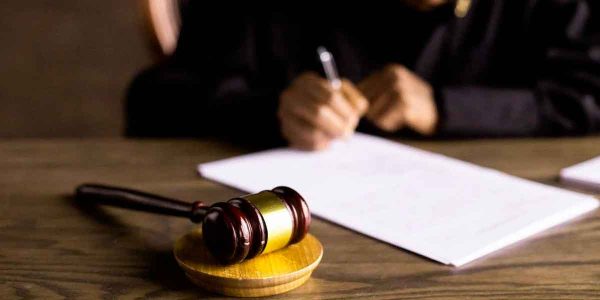What is Probate?
A person expresses his desire to share their property with loved ones through a will. A probate is a court procedure to certify that will formally. The court establishes the will through the process of Probate. A probate is a legal demonstration of the legitimate execution of the deceased’s final choice.
Can You Empty a House Before Probate?
No, before selling assets, the executor must wait for the end of the probate process.
What Happens to the Deceased’s Estate’s Contents?
You could be eager to collect sentimental belongings from your loved one, such as personal keepsakes. However, if the House is on Probate, the court does not permit you to take anything. Therefore, consider a few crucial things before you remove anything from the House.
As soon as possible, you should submit a petition for Probate on behalf of the decedent’s estate. The court where the deceased person lived will receive both this petition and the will. There is no requirement to include the residence in the assets subject to Probate to a surviving heir. You would be free to remove anything from the House and dispose of its contents however you wished if this were the case.
There is no need to remove anything if the residence is under Probate. Before you can take the stuff out, one needs to complete the process of Probate. To document the estate’s assets, you would need to inventory the home’s contents as the personal representative or executor.
The executor may have to sell the residence if there are unpaid bills. You would either gather the belongings and hold an estate sale or distribute them to the heirs at this point or once the Probate is over.
How can one transfer the property?
The court will issue paperwork proving the executor will be operating on behalf of the estate to transfer the House from the deceased. They will now have the authority to sell the House and everything inside. If one of the heirs will inherit the House, the documentation will specify who will do so and provide them the authority to change the title into their name.
What happens to the House when it enters Probate?
One of three things will happen if a house is part of the Probate. First, the court gives the heir the deceased’s will. Once the transfer process is finalized, they can decide whether to keep or sell it.
The second possibility is giving to a suitable heir without a will specifying its destination. Intestate refers to this situation when there is no discovery of choice. In this case, State law disposes of the assets. The surviving spouse will typically be the one who inherits the House first.
The third choice is to sell the home and give the proceeds to the heirs after settling debts with the creditors. This frequently occurs when no one wants the House or the obligations outweigh other liquid assets.
What should NOT be done with a House in Probate?
Moving too quickly could lead you to problems if you are the executor of an estate. The law requires an executor to carry out the decedent’s intentions and operate in the estate’s best interest. They only have the authority granted to them by the court, which continues to be in charge of the estate until Probate is finished.
You may be held accountable if you take anything out of a residence before being put through Probate. To prevent theft or damage, the property must also be secured. If you don’t, you can be responsible for any expenditures or value loss. Giving things to those who aren’t named in the will falls under this category. For example, giving anything to someone who wants a particular remembrance from the deceased may not seem like a huge problem, but if they aren’t included in the will, you can’t.
Conclusion:
One of an estate’s most valuable possessions is frequently a house. Unfortunately, it might also be the hardest to transmit and manage. A probate lawyer can help you navigate the procedure and defend against accusations of wrongdoing if you are unsure what to do with a deceased person’s home.












